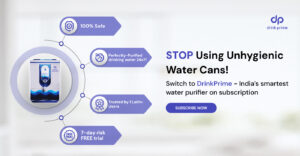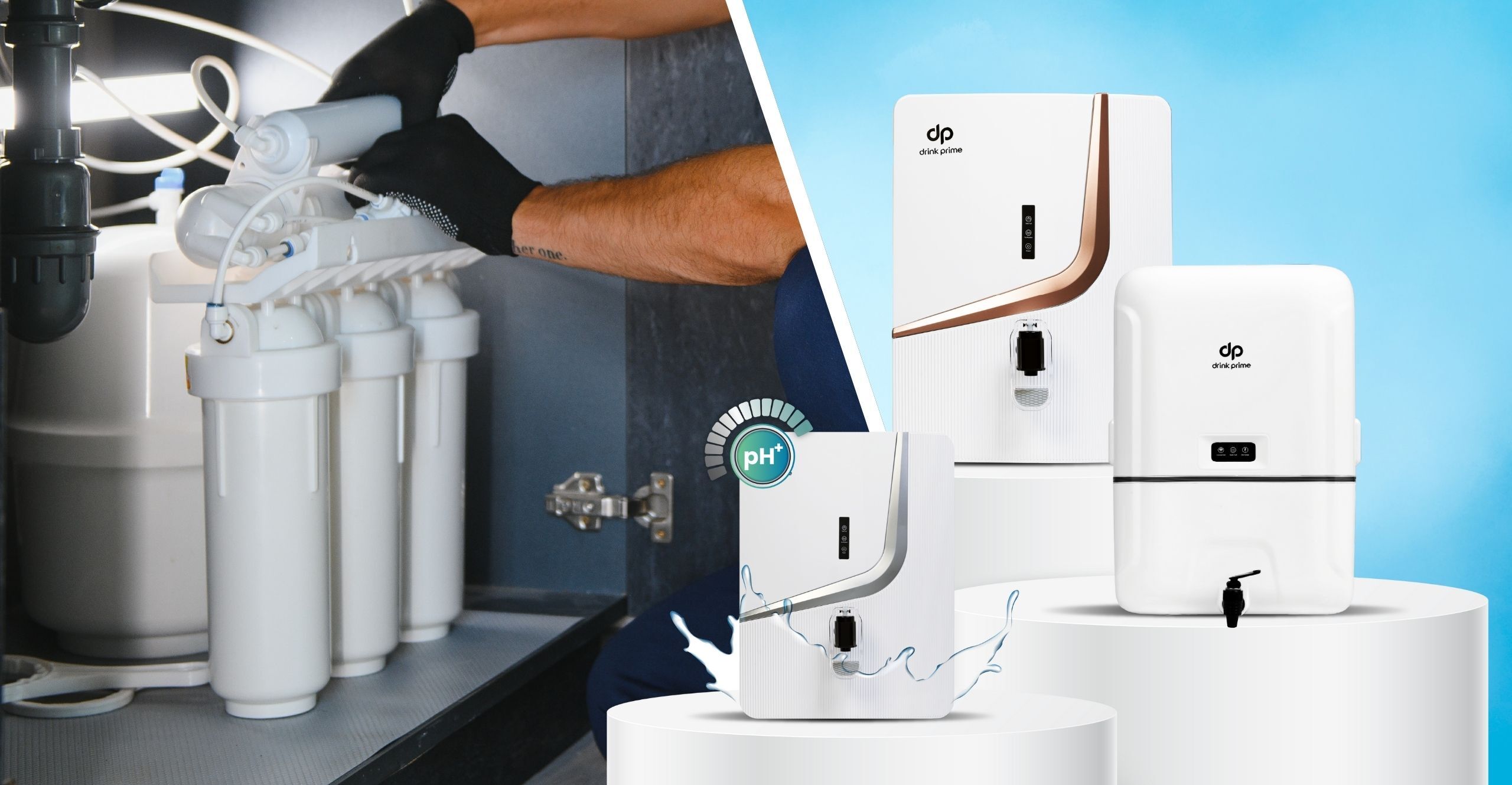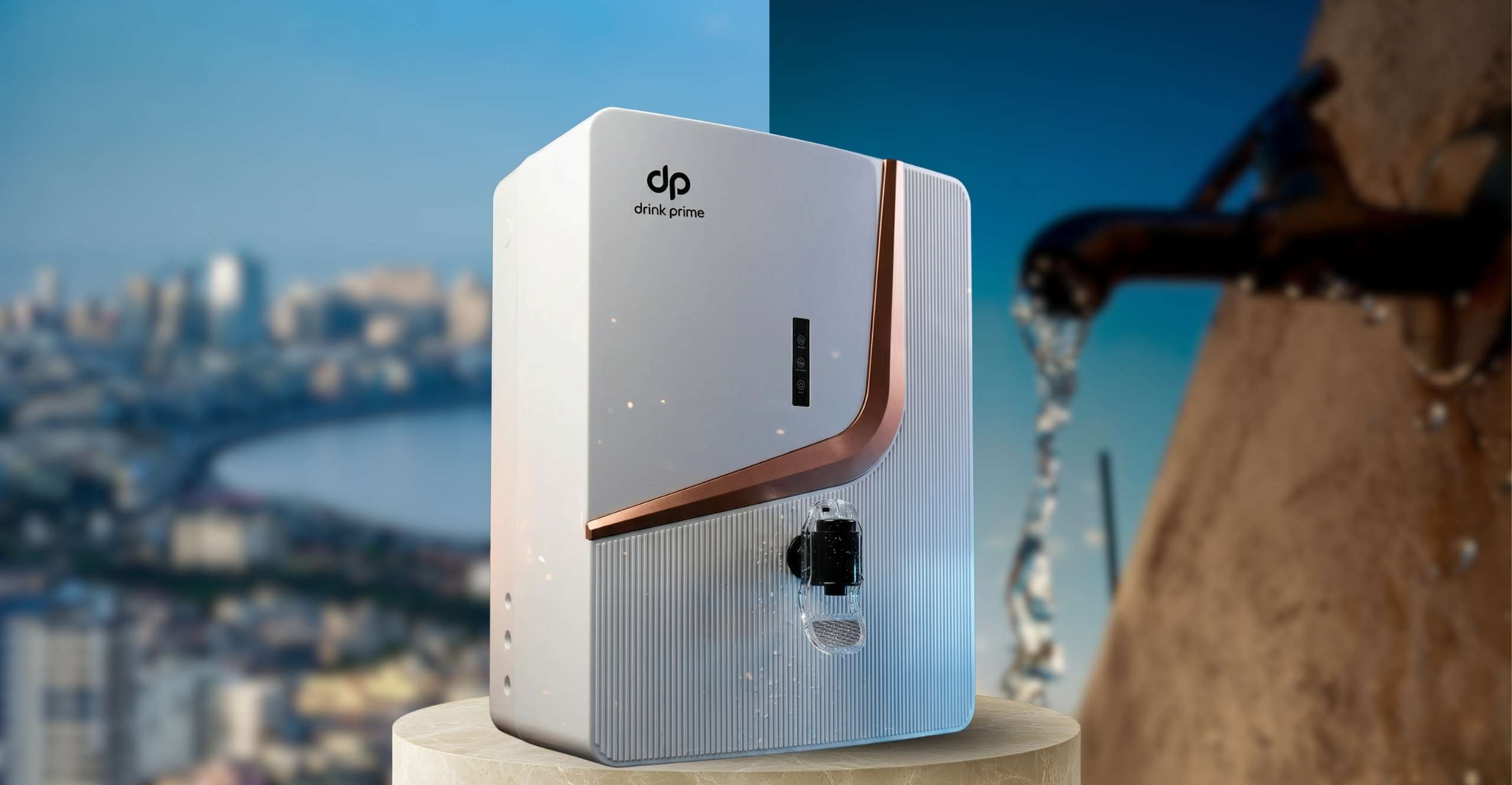Clean and safe drinking water is one of the necessities of life. Considering the scarcity of this precious resource, it has become a privilege in modern times to have access to clean water. The deteriorating quality of available water and mismanagement of water resources makes it necessary to depend on a good quality water purifier for easy access to safe drinking water. But just installing a water purifier does not give you that guarantee. It is crucial to ensure the maintenance of the water purifier filter and know when to replace it. This will ensure that the water you get is safe and free from contaminants.
Types of Water Filters
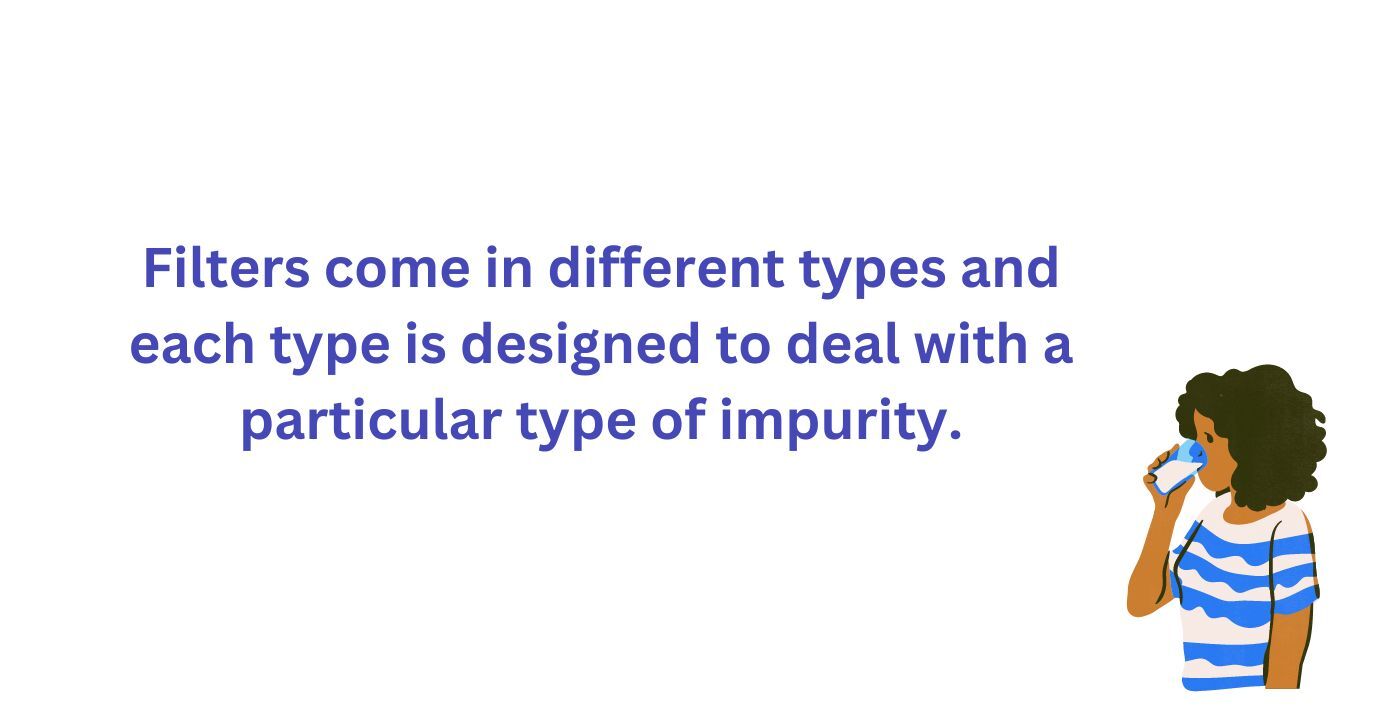
The water filter is a very important part of the water purifier system. It is here that the raw water full of contaminants and sediments is filtered out and made safe for consumption. Filters come in different types and each type is designed to deal with a particular type of impurity. Knowing what type of water is available to you, the kind of impurity you are dealing with and the best type of filter available to tackle this, is key. Different filters remove impurities at different stages.
Sediment filters
This type of filter removes dirt and dust from the water and helps to protect the RO membrane from dirt. If this filter is not changed during the recommended time, the dirt from your water source will permeate through the membrane and contaminate the water that you get. This may lead to unwanted infections if consumed.
Activated carbon filter
This is one of the most cost-efficient types of the filtration process. The contaminated water passes through the filter and gets filtered with the help of carbon. Larger blocks of sediments and dirt as well as bacteria and pathogens are dealt with. It may be a good idea to test the water for contaminants before deciding on the filter that you need to use. Carbon filters also remove the foul smell and chlorine from the water. They are not useful if the water has a high TDS level.
UV filters
They are mechanical filters and do not need electricity. They kill most waterborne organisms by altering their DNA. It is cost-effective because only the UV lamp must be changed manually. But the UV filter will not remove the debris of the destroyed microorganisms and it is not very effective in filtering murky water and hard water.
RO filters
This is by far the best water filter that filters out all the contaminants and pathogens to give you safe drinking water. It uses a semipermeable membrane to filter water in stages. In each stage, it flushes water through the semipermeable membrane leaving behind impurities. By the last stage, the water available is free from all impurities including heavy metals and bacteria. This process also gives odor-free, sweet-tasting water.
When do you Change the Water Filters?
Timely water filter replacement is crucial to ensure the effective functioning of your water purifier. If you do not clean or change the filters on time, it gets filled with debris and this will slow down the water flow and ultimately give foul-smelling water. The clogged filters will not be able to effectively filter out contaminants. The mineral buildup may cause sediment layers on your sink and faucets.
Nowadays, the latest systems have inbuilt mechanisms that tell when it is time for an RO filter change.
But even if your water purifier does not have this feature, there are ways to find out when you are due for a water filter replacement. Here are a few of them:
- If your water flow is lower than usual, then it is probably because the filter is clogged due to debris accumulation and it’s time to check it.
- If the taste of the water is different, then you may need to take a look at the filter. If the filters have not been checked for a long time, then their efficiency may be reduced due to all the clogging of their membranes. This means that it cannot effectively filter out the particles. It may lead to a higher TDS level of water even after filtration, giving you foul-tasting drinking water.
- If the sediment filters placed outside show brown scaling, then it’s time for a water filter replacement. These sediment filters sift mud, dirt, and other particles from the water, and scaling on them means you need to immediately replace the filters.
- If water wastage or the volume of water has gone up recently then it points to the fact that the filters are not working effectively. This calls for an immediate RO filter change.
How to Check the Filters of a Water Purifier?
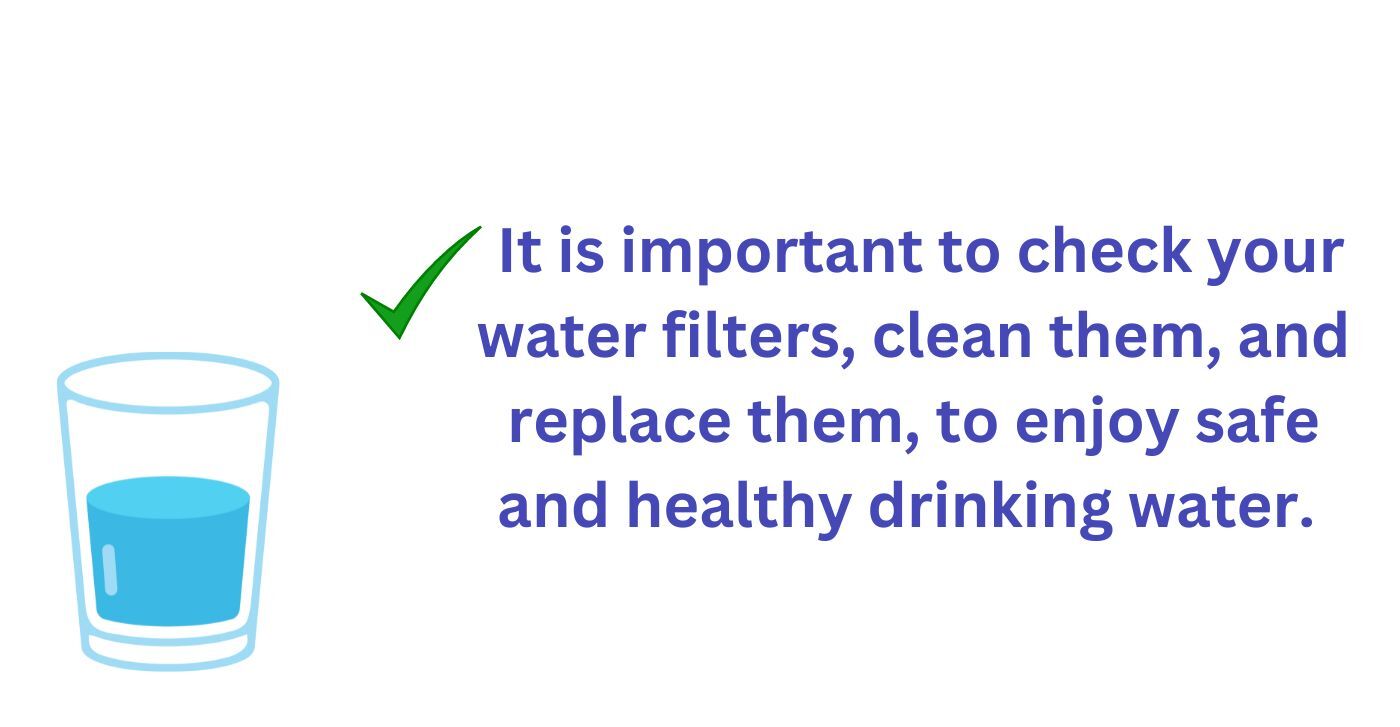
The first step is to check your water filter to identify the set of qualities that your water filter has. Check the manufacturer’s guidelines to know what your water filter is designed to do. A good quality water filter will mostly remove unwanted substances such as choline or water hardness, as well as heavy metals, lead iron, pathogens, etc.,
Once you get a fair idea about what the water filter is supposed to filter out, then the next step is to invest in a water testing kit that can indicate the levels of water. For RO water purifiers, the most tested elements are usually total dissolved solids to measure the levels of dissolved salts, metals, etc. in the water. A pH and alkalinity test or a total metals test may also be a good idea. It is important to consult a professional or the manufacturer to get an idea about the type of tests that it is ideal for you to do.
These are some of the tests which are commonly done to check the effectiveness of the filters:
- Total chlorine test: This will check the choline levels in your water.
- Copper test: This indicates the amount of copper in water which may leach from the pipes.
- Iron Test: This shows how much iron may be present in water naturally.
- Lead Test: This shows how much lead may be present in water naturally or as residue from pipes
- pH tests: This checks whether the pH level of your water is in the normal range or not.
It is best to do a test before and after filtration so that the difference in values will tell you whether your water filter is working properly.
Get 7 Days Risk Free Trial
Conclusion
Whether or not a water purifier is good or not, depends entirely on its water filters. It will work effectively, providing clean, safe drinking water only if maintenance and water filter replacement are done periodically. So, make sure that you check on your water filters, clean them, and replace them, to enjoy pure drinking water.

